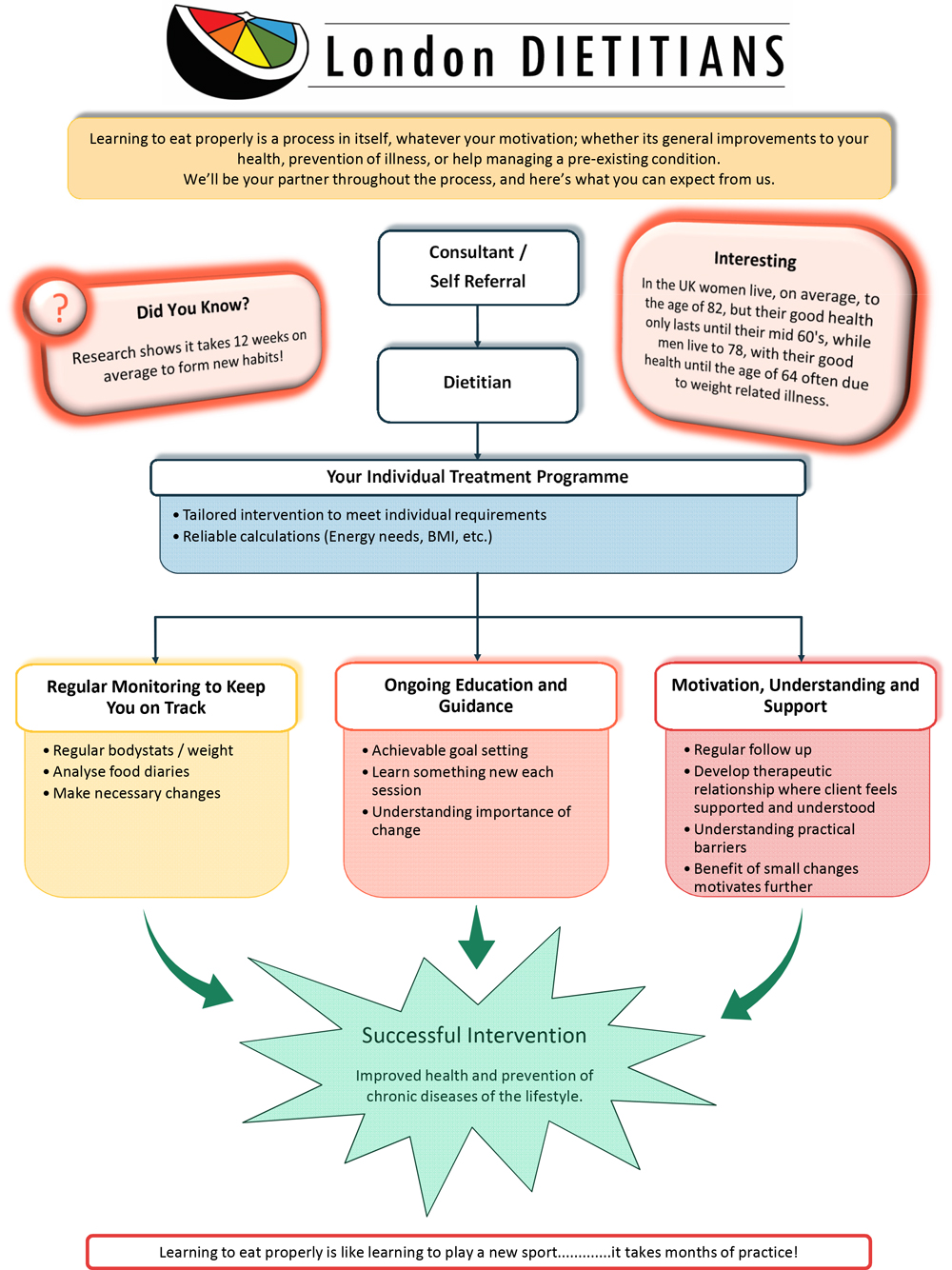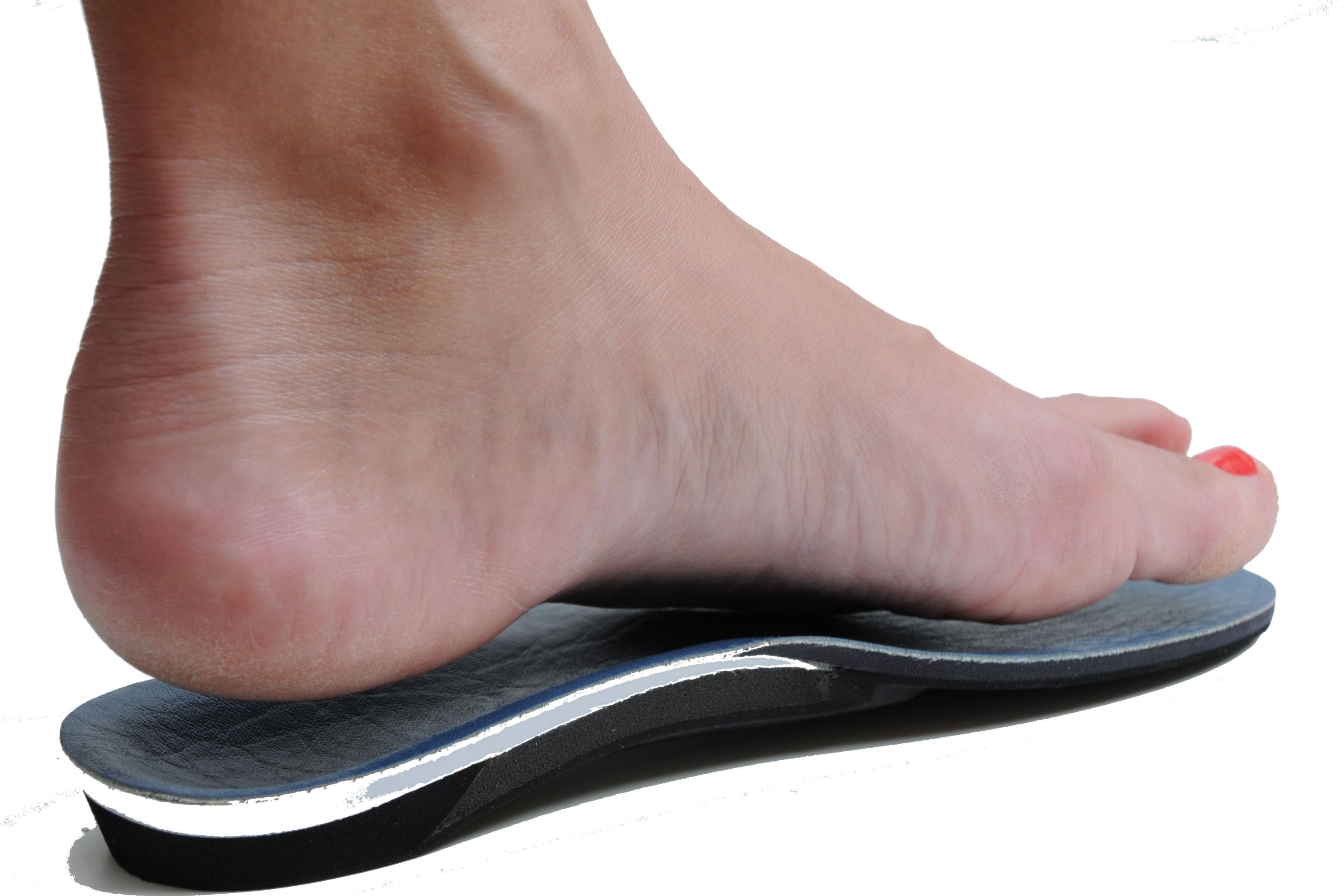-

Professor John Axford, and Dr Vijay Hajela have many years' experience in diagnosing and managing rheumatic disorders in both the young and old. They have built up an understanding of how these disorders affect individuals and how to put together the best management package. They work closely together and with other team members.
-

Physiotherapy can help you improve your musculoskeletal health in a number of ways and aims to promote your health and wellbeing in a proactive manner. We will work with you and the consultant team to set personal goals such as: pain reduction, improving daily function or taking part in sport. We will also help you identify the type of intervention that will provide the best outcome, and we will support you throughout your treatment or management programme.
We are a multidisciplinary team with a number of experts providing a range of services such as: hydrotherapy, acupuncture, hand and wrist splinting, exercise therapies, soft tissue therapies and exercises classes.
The team members who have specific rheumatology experience include:
Claire Speer (Musculoskeletal Physiotherapist): She has a special interest in acupuncture for pain management. She also has a special interest in hydrotherapy and is a member of the British Association of Hand Therapists (BAHT). Claire is also an MSK Champion with Versus Arthritis; this is a cohort of health professionals who meet together to develop leadership change and promote improvements in the MSK health of the UK.
Deborah Earl (Senior Physiotherapist): has vast experience and knowledge about all things to do with musculoskeletal health. She is strong advocate for helping people exercise in a way that is meaningful and beneficial to them.
Abby Armstrong (Senior Physiotherapist): with a specialist interest in osteoporosis and bone health. Her enthusiasm is infectious. She runs our bone health classes, and is passionate about people maintaining their independence and reducing their risk of injury.
Our hand therapy team includes Sharon Muir and Caryn Sharrock who are members of BAHT and are able to offer advice and exercises, in addition to off-the-shelf and thermoplastic splinting for the hand and wrist. They are adept at helping with hypermobility syndromes and protecting joints affected by rheumatoid arthritis.
Other members of the Parkside Hospital team provide hydrotherapy services, occupational therapy, and pilates classes, as well as general musculoskeletal assessment and treatment for a number of conditions. All the Senior Physiotherapists have at least five years’ experience and are highly skilled clinicians. We also work closely with Sophie Roberts and Amanda Walker from the Gait Lab to ensure a team approach to patient care.
-


-

Sophie and Amanda are highly experienced podiatrists who have a special interest in rheumatological and musculoskeletal problems.
At a podiatry consultation a history and biomechanical assessment is carried out. By looking at the way certain joints and muscles function the podiatrists are able to determine if the way you are walking may be contributing to a current injury or problem. All patients are assessed with slow motion video gait analysis to visualise their individual gait pattern and a management plan is discussed.

One of the treatments which Sophie and Amanda can provide are orthotics, which are foot supports that are put in the shoes to help improve foot function and therefore try to relieve symptoms. There are wide ranges of insoles and orthotics that are available ranging from over the counter insoles to custom-made orthotics.
In order for custom made orthotics to be manufactured, a Plaster of Paris impression (a cast) of the feet needs to be taken. The casts are then sent off to an orthotics laboratory and the devices are made according to a prescription made by the podiatrist. Casting can be done in the initial consultation if required. Sometimes one or more adjustments need to be made to the orthotics to improve their efficacy, improve their comfort or improve fit. At The Gait Lab we see our patients free of charge until the orthotic is both comfortable and as effective as we can achieve. All orthotics adjustments are covered under warrantee by the lab for six months.
Other treatments include footwear advice, exercises, toe appliances and Richie braces. Early intervention can greatly improve the long term prognosis.
-

One-Stop Osteoporosis Screening Service
Osteoporosis is a condition that weakens bones, making them fragile and more likely to break. It is a fairly common condition that affects around three million people in the UK. One in two women and one in five men over the age of 80 in the UK will fracture a bone, commonly hip, spine or wrist, mainly due to poor bone health. and Parkside Hospital offers a one-stop screening service with Professor John Axford to evaluate patients at an early stage to prevent the complications of osteoporosis, and treat patients at the earliest possible stage to prevent additional disease manifestations. There are usually no warnings you’ve developed osteoporosis and it is often only diagnosed when a bone is fractured after even minor falls.
Who is at risk?
Women are more at risk of developing osteoporosis than men. Those at greater risk include:
- post-menopausal women
- women who have had an early menopause
- women who have had a hysterectomy
- women of all ages who exercise very heavily
- people with a close family history of osteoporosis
- anyone with a low body mass index or body weight
- those on prolonged low calorie diets
- all who exercise inadequately or who have prolonged periods of inactivity
- smokers or heavy drinkers
- people with dietary problems or gastrointestinal or rheumatic diseases
- steroid users
- people on certain medications i.e. long-term use of corticosteroid or enoxaparin
If any of these risk factors apply, simply call us and we’ll arrange the rest.
With our One-Stop Osteoporosis Screening Service you will need a DEXA Scan. DEXA stands for ‘dual energy X-ray absorptiometry’. A DEXA scan is a test that measures the density of bones. In general, the more dense the bone, the stronger it is. Following your scan, a full report will be prepared. This will take any additional personal risk factors into account in determining your future fracture risk and will include recommendations such as the need for drug therapy and follow-up scans where appropriate.
For further information or to make an appointment please call:
Parkside Hospital: 020 8971 8025
https://www.parkside-hospital.co.uk/services/diagnostic-imaging/osteoporosis-screening-dxa/
Patients diagnosed with Osteoporosis and Osteopenia often have a difficult journey to self-manage their condition. Abby Armstrong is a specialist Physiotherapist dedicated to this field working here at Parkside Hospital. Abby has experience in supporting patients alongside medical management and assisting them with lifestyle and exercise. Our aim is to empower patients to do more not less.
Patients are given an in-depth assessment with special attention given to medical history, previous fractures, falls, exercise and lifestyle. It is also an opportunity to discuss fears about fracture and disability and dispel myths that patients may have heard about Osteoporosis. Often there are barriers to exercise such as musculoskeletal problems or continence and these can be assessed as well.
Treatment plans are very flexible. Patients are welcome to attend for a single session to gain advice and an exercise plan. Others may have a series of one to one sessions or be invited to attend our Bone Health Pilates Class.
The Bone Health Pilates Class is an hour class with a maximum of 6 patients. It focuses on posture, weight bearing exercise, balance and strength to promote bone density. The first 30 minutes are based on standing Pilates exercises which are followed by 30 minutes of circuits which aim to improve strength and balance in weight bearing positions. The class runs in 6 week blocks and patients are given copies of the exercise circuit to practice at home alongside the weekly sessions. Patients are also welcome to attend consecutive blocks as long term participants.
For more information please contact Physiotherapy reception at Parkside Hospital on 0208 971 8000 Ext 8046 or Abby Armstrong on abby.armstrong@parkside-hospital.co.uk
